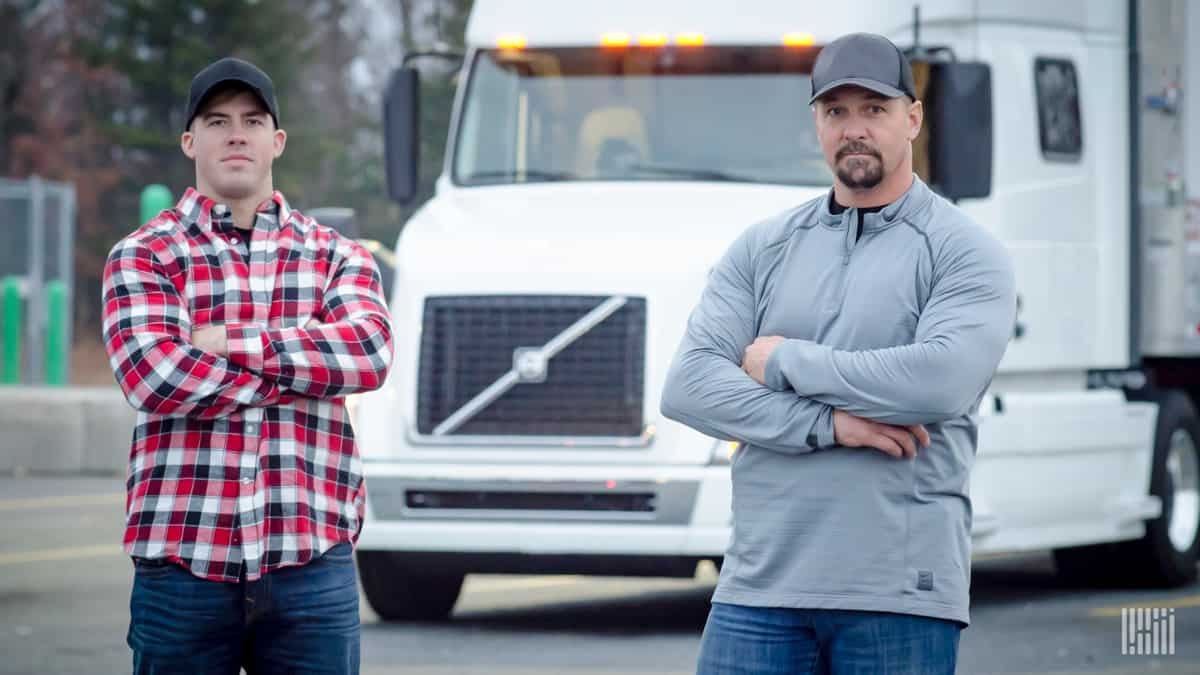The most polarizing term in trucking is the “driver shortage.”
To drivers, the term often gets them fired up and angry – it makes them feel as if they are a commodity.
The trucking industry is one of the most cyclical industries on the planet; it goes through booms and busts.
Until just a few weeks ago, the industry was dealing with a significant capacity shortage. This occurs when there aren’t enough trucks available for dispatch to match all of the freight in the market. In 2021, there was a massive capacity shortage. In the first half of 2018, there was a massive capacity shortage.
From the looks of things, we are headed for a capacity glut. In other words, there will be too many trucks available for dispatch compared to the total amount of freight available. In the last week, I have written twice about the industry’s pending capacity glut. (You can read those articles here and here.)
To an industry professional who doesn’t drive, but has to figure out how to recruit and retain drivers, the term provides some comfort in knowing that everyone else is struggling with the same problem.
The struggle is real.
Recruiters and fleets invest a significant amount of resources trying to get trucks “seated.” When the employment market is very competitive, trucking companies feel the pain even more than most other employers. Driving a truck is a hard job and often is a job of last resort for many. When alternatives to truck driving include working in construction, driving an Uber, or sorting packages at an Amazon warehouse, the task can feel daunting.
FreightWaves sits at the intersection of the industry and the broader public. While FreightWaves is the largest media outlet serving the supply chain and trucking industry, over 70% of our traffic comes from people that don’t work in the supply chain, but are interested in supply chain topics. Members of Congress, The White House, regulators, Wall Street firms, the CIA (not sure why they don’t mask their IP address – but we welcome our intelligence services as our guests), and the general public all consume our content regularly because it is so comprehensive.
Often, FreightWaves is the first media outlet chosen by the general public when something happens in freight markets.
Because of this, we have a unique role – explaining how the industry works to outsiders, but also explaining how the industry works to highly knowledgeable professionals who often know more about their corner of the industry than we ever will.

I am often asked by non-trucking people about the “driver shortage.”
My answer: “The trucking industry does not have a driver shortage and it never will. The ‘industry’ doesn’t hire truck drivers, trucking companies do.”
Therefore, trucking companies can and often do have “driver shortages.”
This occurs when there aren’t enough drivers to fill the trucks that a fleet owns. In other words, a trucking company has “unseated” trucks. If a trucking executive uses the term “driver shortage” to explain his fleet’s problems to a room full of drivers, then be warned, it is going to rightfully offend them.
Every fleet is different, with different pay scales, incentives, cultures and freight networks.
In addition, our industry pretends that truck drivers are not a “number.”
I know much of this is semantics. “Driver shortage” is so much easier to say – but it makes drivers feel like a commodity.
As long as we refer to the humans who drive the trucks that haul our freight in the same language we use for fuel, we are going to have problems recruiting and retaining them.











